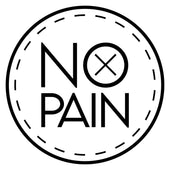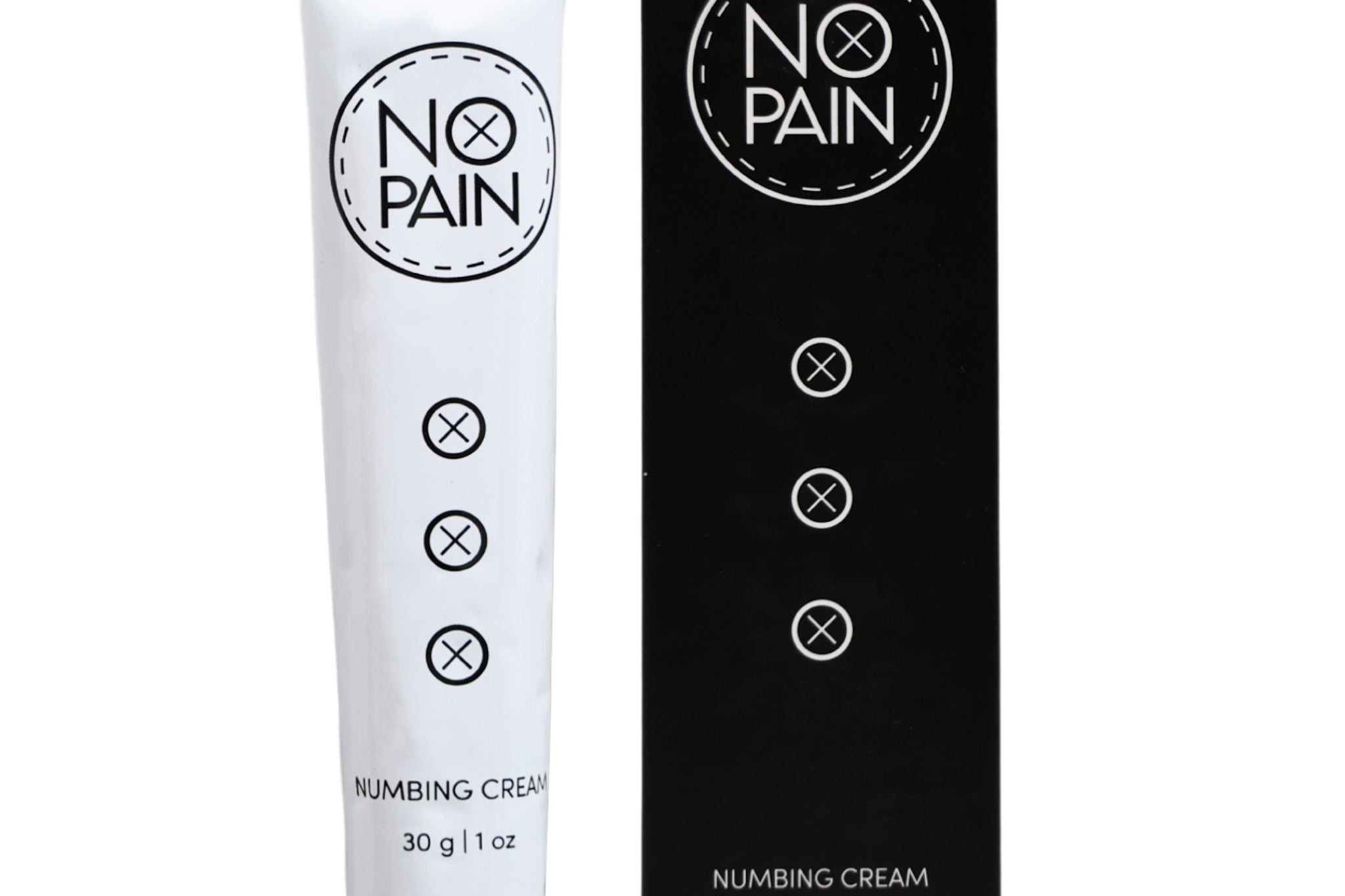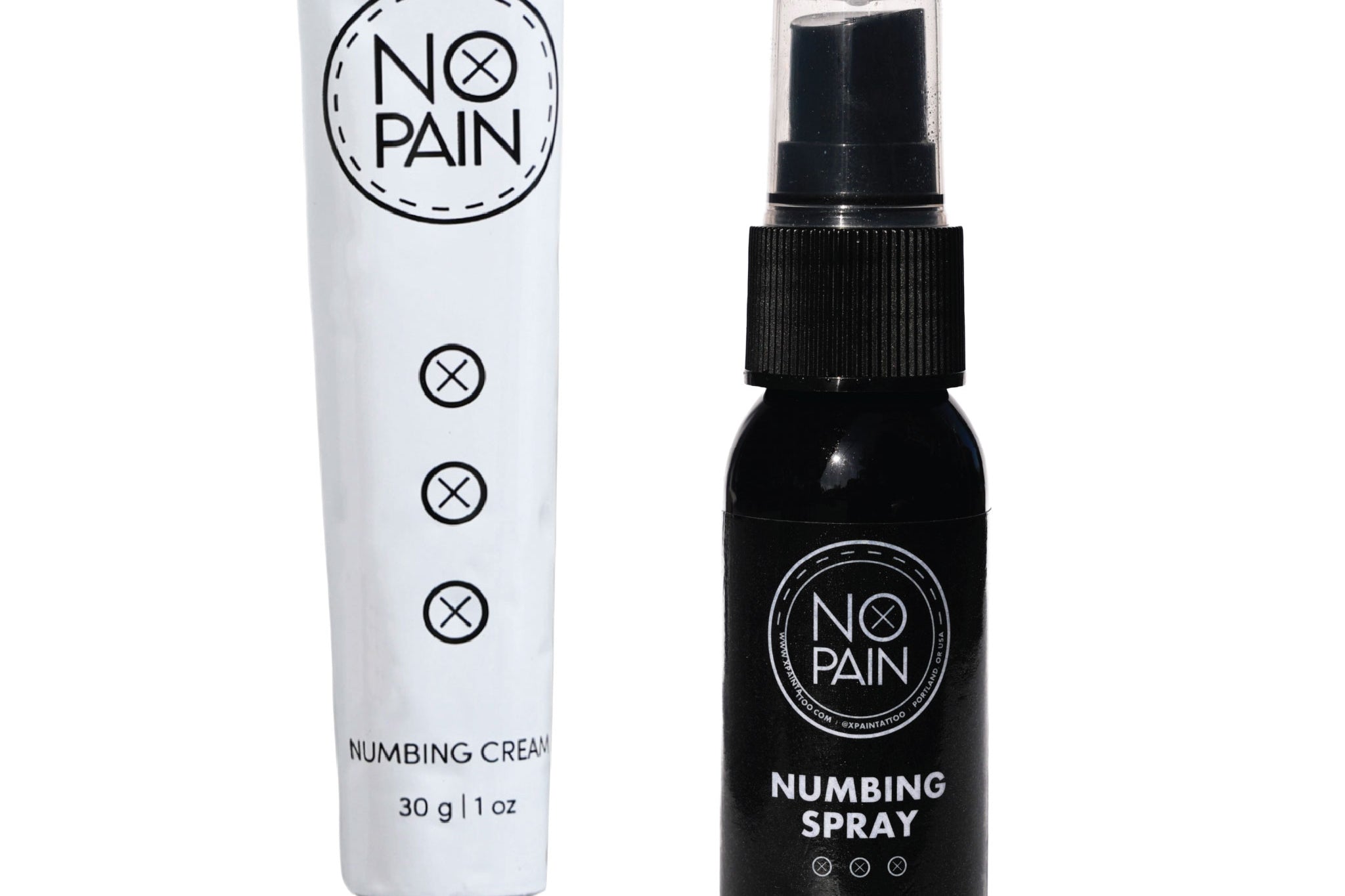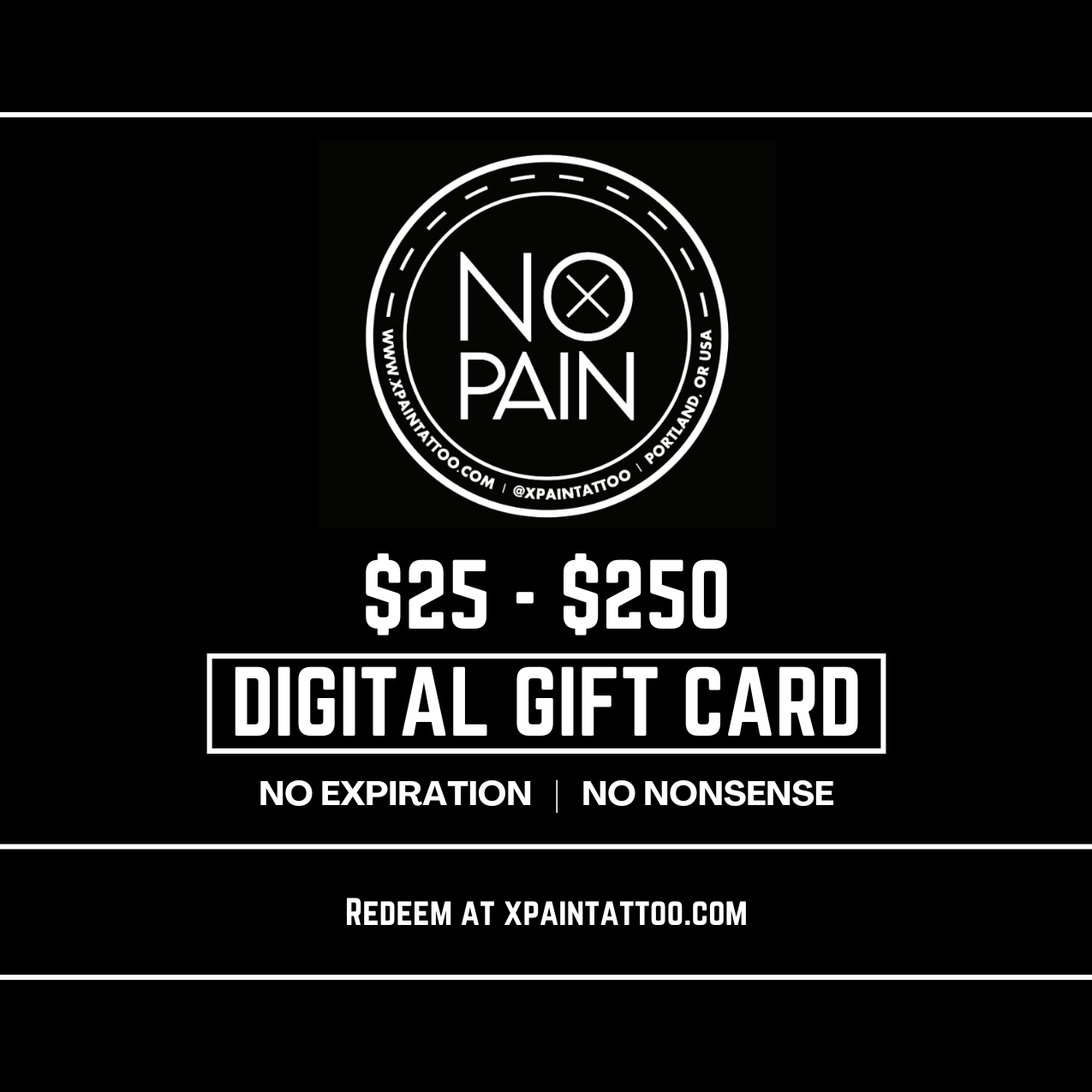You're ready to get a new tattoo. You've found an artist, planned your design, and you're excited to get started. But you have a specific concern related to your body type: "Can you get a tattoo if you're underweight?"
It's a valid and important question. While being underweight doesn't automatically disqualify you from getting a tattoo, it does come with a unique set of considerations regarding pain, healing, and your overall well-being during the process.
This is your complete guide to getting a tattoo when you're underweight, ensuring the experience is safe, positive, and results in a beautiful piece of art.
The Primary Concern: Your Body's Resources
Getting a tattoo is a significant physical event. It is a controlled trauma that requires your body to mount a strong immune response to heal the open wound. How long does it take for a tattoo to heal? This depends heavily on your body's ability to recover.
For someone who is underweight, the body may have fewer reserves to draw upon. This can sometimes lead to:
-
A More Difficult Healing Process: Healing requires energy and nutrients. A body with fewer resources might experience a slower, more prolonged healing process.
-
Increased Risk of Feeling Unwell: The stress of the tattoo process can be more taxing, making you more susceptible to feeling dizzy, faint, or nauseous, especially during longer sessions.
The Pain Factor: A Matter of Placement
Many people ask, "do tattoos hurt more if you are skinny?" The answer is directly related to tattoo placement. On a person with a lower body fat percentage, bony areas are more prominent.
-
High-Pain Zones: Placements directly over bone—like the ribs, spine, sternum, feet, and shins—will likely be more painful. With less natural padding, the sharp, vibrating sensation of the needle on the bone will be much more intense.
-
Low-Pain Zones: Fleshy, muscular areas like the outer thigh or the back of the calf are still excellent, manageable spots for a tattoo, regardless of your weight.
Your Action Plan: How to Prepare for a Safe and Successful Session
Being underweight doesn't mean you can't get a tattoo; it just means your preparation is even more critical.
1. You Must Be in Good Health.
This is the most important rule. If you are underweight due to an ongoing illness or an eating disorder, you should not get a tattoo. Your body needs to be in a stable and healthy state to safely handle and heal the tattoo. A consultation with your doctor is a wise first step.
2. Nutrition is Non-Negotiable.
You must properly fuel your body before the appointment.
-
Eat a Large, Nutrient-Dense Meal: 1-2 hours before your session, eat a substantial meal rich in complex carbohydrates and protein. This will provide the sustained energy needed to keep your blood sugar stable and prevent you from feeling faint.
-
Bring Snacks: Pack sugary snacks and a drink to keep your energy up during a long session.
3. A Smart Pain Management Strategy is Key.
Because bony areas will be more sensitive, a proactive pain management plan can make all the difference. This is how to make tattoos hurt less and ensure a positive experience.
-
Our No Pain Tattoo Numbing Cream is the perfect tool. It evens out the pain map, turning those intensely painful bony spots into manageable areas. This reduces the overall stress on your body, which is crucial for a smooth session.
4. Aftercare Must Be Flawless.
Because your body may have a longer healing timeline, your tattoo aftercare routine needs to be perfect to prevent infection. A professional system is your best bet. Our No Pain Tattoo Aftercare Bundle provides the gentle Cleansing Foam and nourishing Aftercare Balm needed to support your skin through its challenging heal.
The Verdict: Yes, you can get a beautiful tattoo if you're underweight, provided you are in good health. By taking extra care to nourish your body, choosing your placement wisely, managing the pain effectively, and committing to a flawless aftercare routine, you can ensure the entire process is safe, positive, and successful.




